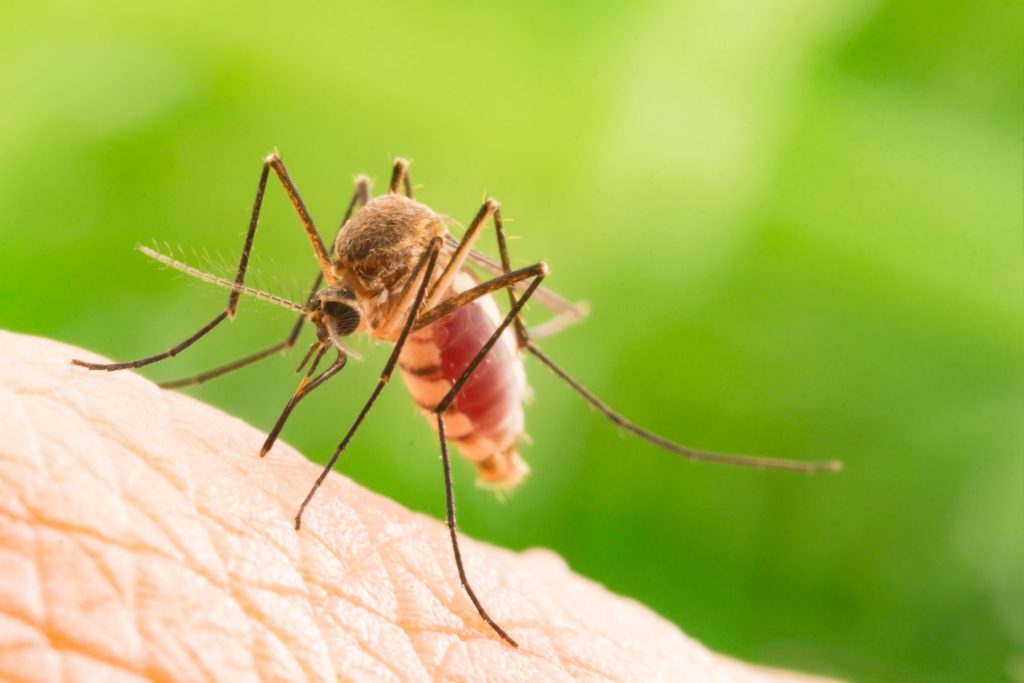
One part of the summertime lake lifestyle that’ll never change — dealing with mosquitoes. As lake lovers, we’ve all experienced the repercussions of forgetting to apply bug spray and coming home with several bites. Whether you choose a classic DEET spray or a natural lotion (as long as it’s EPA approved), there’s all different kinds of insect repellent remedies that will keep you bite-free this summer. In addition to protecting your body from bites, it’s also helpful to equip yourself with knowledge about these pesky insects. There’s a lot of myths about mosquitoes, and we’re here to clear the air. After all, the more you know, the better you’ll be prepared for the throes of mosquito season. That’s why today on the Lake Homes blog, we’re mythbusting mosquitoes.
Myth: Mosquitoes Don’t Cause Illnesses in the U.S.
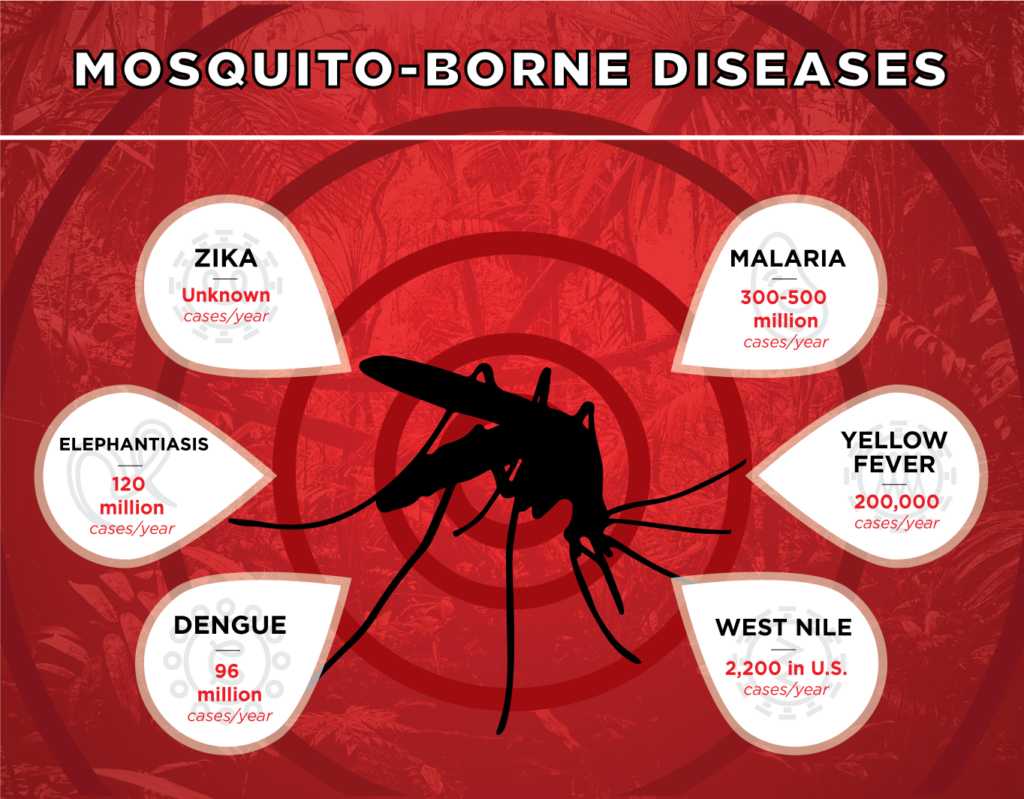
Fact: Although not every mosquito carries diseases, infected mosquitoes can spread viruses such as Zika virus, Chikungunya virus, West Nile Virus, and malaria to humans. Although many mosquito-borne viruses aren’t a concern in the U.S., the number of mosquito infections here are on the rise. According to the CDC, West Nile virus is one of the most common mosquito-borne illnesses in the U.S. With West Nile virus, it’s typical to have no symptoms, and mosquitoes carry this disease in all areas of the U.S. with the exception of Alaska and Hawaii.
Myth: Mosquitoes are Attracted to Sweet Blood
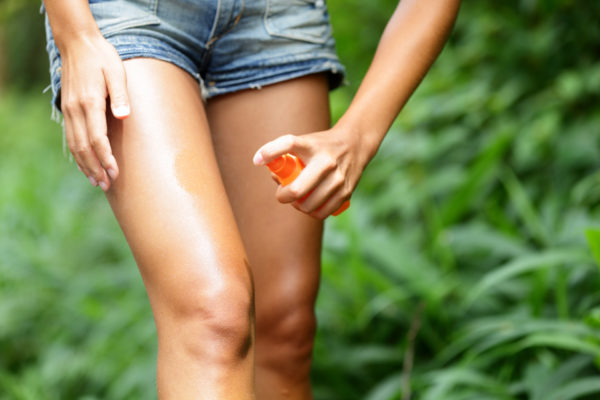
You may have joked after a day of getting bitten that mosquitoes must love the taste of your blood. Despite myths that those with O positive blood get bitten more, this topic needs further research. More likely, it has nothing to do with your blood, but rather your body. Specifically, they are attracted to carbon dioxide that we produce when we breathe, lactic acid that our bodies secrete when we sweat, and our body heat. So, the reason that you get bitten more while doing outdoor activities such as hiking or water skiing is because when your body is active, you’re breathing more heavily, your body temperature increases, and you produce more lactic acid. This, in turn, attracts mosquitoes. As such, it’s very important to remember bug spray when you’ll be active.
Myth: Citronella Candles are Effective
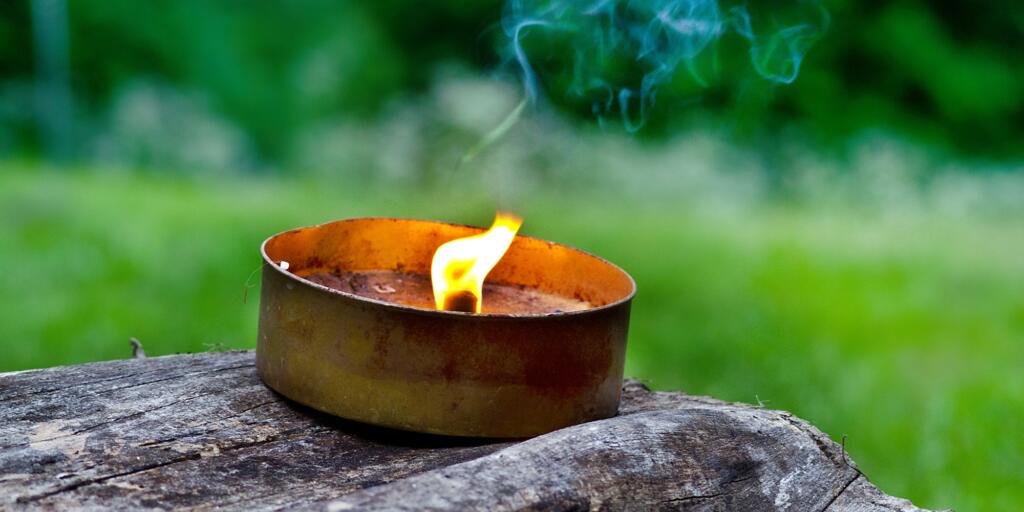
Many people who don’t like the smell of bug spray believe that if they use citronella candles, they’ll be able to repel mosquitoes just as well as DEET. However, this is incorrect. Although citronella is a common ingredient in most bug sprays due to its strong smell which deters mosquitoes from human scents, the candle alone isn’t potent enough. Citronella candles are best used in enclosed spaces such as patios where the candle scent is more powerful. Otherwise, it’s essentially useless in mosquito prevention.
Myth: Certain Foods Will Repel or Attract Mosquitoes

You may have heard rumors that eating foods like garlic will help repel mosquitoes. However, this myth about mosquitoes is untrue. One retired entomologist, Joseph M. Conlon, told CNN, “nothing that you eat affects mosquitoes all that much.” However, the only exception to this rule is with alcohol. Research studies suggest that alcohol consumption increases your likelihood in being bitten by mosquitoes. This may be because alcohol consumption increases your body temperature, which in turn attracts mosquitoes.
Myth: All Mosquitoes Bite Humans
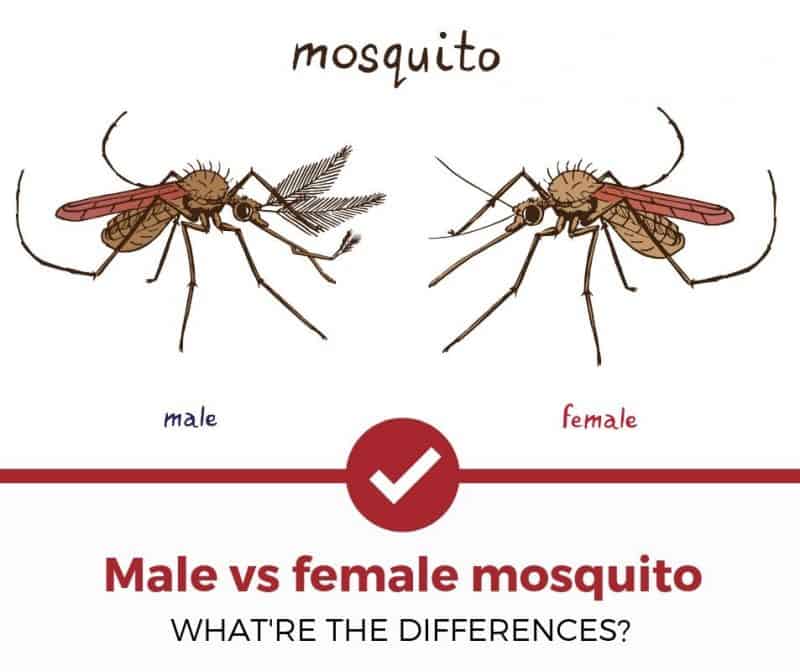
Contrary to this myth about mosquitoes, not all mosquitoes bite humans; only female mosquitoes bite. This is because they require the nutrients in the blood to produce eggs. So while the females are feeding on blood, male mosquitoes only eat plant matter.
We hope you’ve learned something from this myth-busting session! From our lake house to yours, please remember to wear bug spray this summer.

